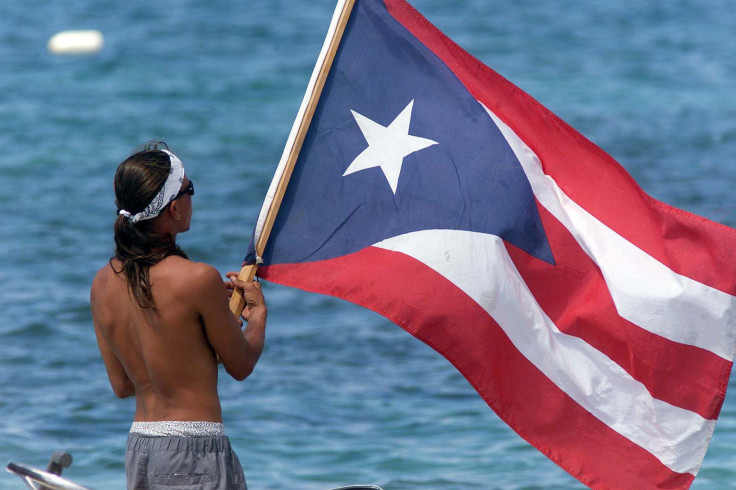Puerto Ricans Less Likely To Get Cancer Compared With Americans Even After Vieques Scandal

People in Puerto Rico, a U.S. territory, are much less likely to get certain kinds of cancer than those living in the rest of the United States. A study published Thursday found that Puerto Ricans have signifcantly lower incidences of lung and breast cancer.
Puerto Rico has the lowest incidence rate of new lung cancer, compared with the rest of the United States, said the study from the Centers for Disease Control and Prevention. Puerto Rican women also saw significantly lower rates of breast cancer than U.S. non-Hispanic white and black women. The reasons for the low lung cancer rate might be explained by differences in lifestyle and exposure risk factors associated with cancers. Also, the Carribbean island has lower smoking rates than all U.S. states except Utah.
"We are encouraged to see lower lung cancer incidence rates in Puerto Rico than the rest of the U.S. However, we must remain diligent in our cancer control efforts to continue progress," said Blythe Ryerson, the lead author of the paper. "We recommend all smokers quit for good."
The report outlined for the first time Puerto Rican residents' invasive cancer rates for 2007-2011, broken down into subsets of sex, age, cancer site and region. The most common cancers in Puerto Rico are prostate (152 cases per 100,000 men), female breast (84 cases per 100,000 women), and colon and rectum (43 cases per 100,000 people). For the same time period, the U.S. population as a whole had incidence rates of 142.5 cases per 100,000 men for prostate cancer, 122.8 cases per 100,000 women for breast cancer and 43.3 cases per 100,000 people for colon and rectum.
Puerto Rico has a troubled history concerning cancer and the rest of the United States. The island of Vieques in Puerto Rico was used for Navy weapons drills for 60 years until the practice was ended May 1, 2003. The people who lived on the island had a 30 percent higher rate of cancer than the rest of Puerto Rico, which the residents attributed to the weapons testing. Studies by Puerto Rican scientists found that 69 percent of Vieques residents were contaminated with arsenic, 55 percent with led and 34 percent with Mercury, the New York Daily News reported in 2013.
"Here there is every type of cancer -- bone cancer, tumors. Skin cancer. Everything. We have had friends who are diagnosed and two or three months later, they die. These are very aggressive cancers," Carmen Valencia, of the Vieques Women's Alliance, told Al Jazeera in 2013.
The residents claimed that birth defects and other conditions resulted from the weapons testing there, but the U.S refused to acknowledge a link.
© Copyright IBTimes 2025. All rights reserved.






















